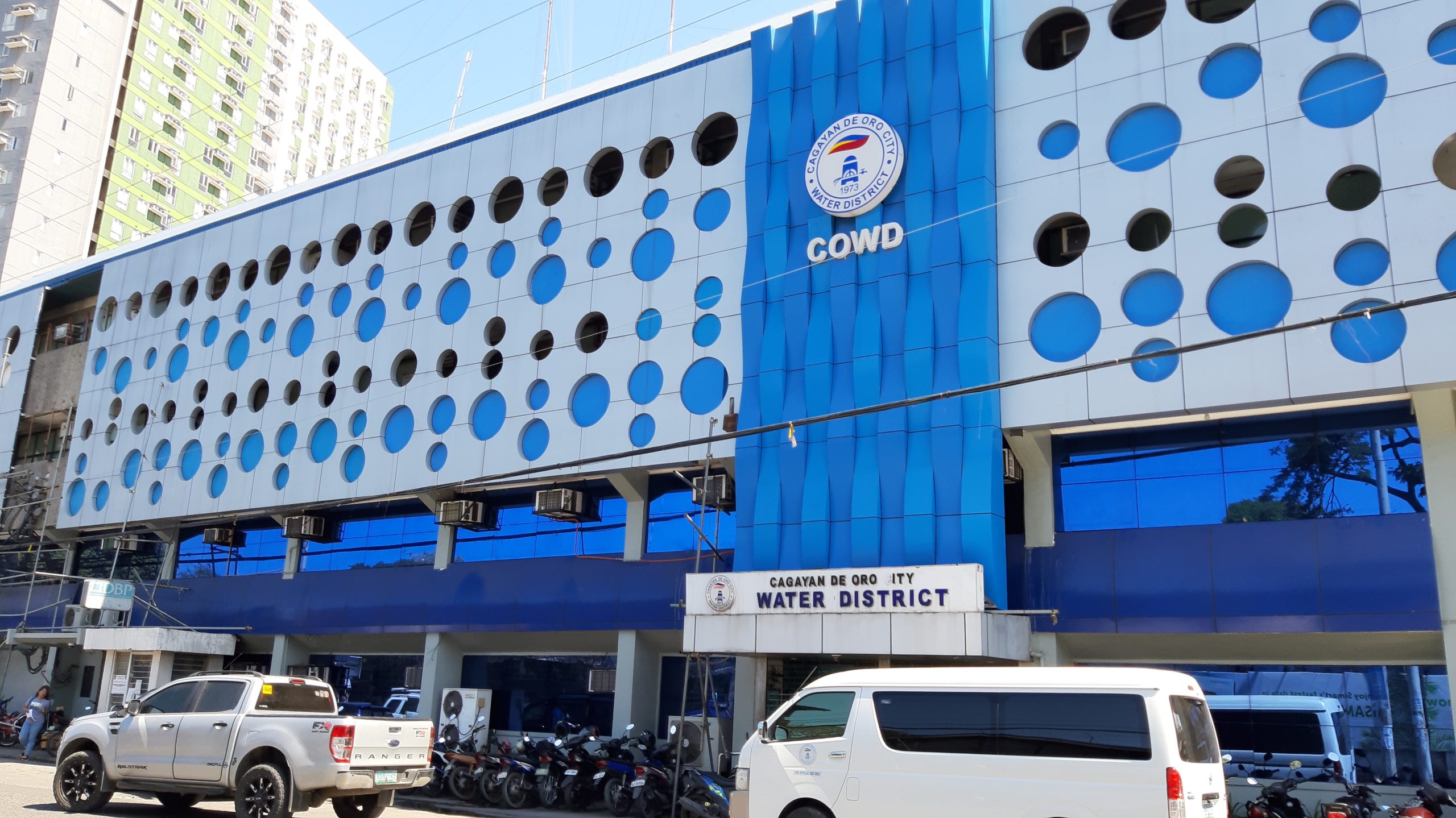Ian Alfredo Magno
SECTION 44, item c of Republic Act 7875 as amended by RA 9241 and RA 10606, otherwise known as the National Health Insurance Act of 2013 provides, thus:
“Failure/Refusal to Register/Deduct/Remit the Contributions – Any employer who fails or refuses to register employees, regardless of their employment status, or to deduct contributions from the employee’s compensation or remit the same to the Corporation shall be punished with a fine of not less than five thousand pesos (P5,000.00) multiplied by the total number of employees of the firm. (RA 10606) Any employer or any officer authorized to collect contributions under this Act who, after collecting or deducting the monthly contributions from his employee’s compensation, fails to remit the said contributions to the Corporation within thirty (30) days from the date they become due shall be presumed to have misappropriated such contributions. (RA 10606)”
Pursuant thereto and in line with its mandate to optimize premium collections, Philhealth Regional Office-X has recently intensified its pursuit against erring employers. Ultimately, this is in line with the Corporation’s mandate to enforce the socialized health insurance program of the above-cited legislation.
Plainly, running after unscrupulous employers is a way to approximate social justice in the labor sector, so to speak. A typically unjust scenario (among others) goes like this. An establishment withholds a portion of its employee’s salary, which is intended to subsidize the employee’s Philhealth premium requirements–supposedly coupled with the employer’s mandatory contribution share.
Take note of the statutorily mandated 50-50 premium contribution share between the employer and the employee. Meaning, for every amount withheld by the employer from the employee’s salary, an exact equivalent thereof is to be shouldered or added thereto by the employer. The premium contribution is required monthly. Hence, the employer’s obligation to remit it to Philhealth is on a month-to-month basis.
What unscrupulous employers do, however, is they evade shelling out the other 50 percent of the monthly premium contribution from their own pockets by making the employee (still) shoulder the other half. Isn’t that unfair?
How do they do it? Instead of remitting regularly every month, these dishonest employers remit intermittently instead–say, every other month.
To illustrate, in the first month, the employer withholds the employee’s (50%) premium contribution from the latter’s salary. Instead of remitting it to Philhealth, the employer keeps it. During the second month, the employer again withholds the employee’s (50%) premium contribution from the latter’s salary for such month. Adding both 50% premium contributions from the first and second months, the employer then remits it to Philhealth with the misrepresentation that the other 50% corresponds the employer’s share.
Some employers do it every other quarter, which is similarly illegal though.
Is it easy to detect? Yes. If so, why do enterprising employers do it? Maybe they think they could get away with it. Could they be held liable? Yes. Under RA 7875 as amended by RA 9241 and RA 10606, they are statutorily presumed to have misappropriated unremitted premium contributions they withheld from their employees, and could be held to account under Article 315 of the Revised Penal Code after necessary proceedings before the regular courts are resorted to.
As of this writing, complaints versus certain employers based in Ozamiz City, Valencia City and Cagayan de Oro City have already been appropriately pushed. Several employers might soon undergo such ordeal. This, therefore, serves as an urgent reminder to mend such crooked ways before the long arm of the law breaks it all apart.
E-mail: ianalfredom@gmail.com
Disclaimer
Mindanao Gold Star Daily holds the copyrights of all articles and photos in perpetuity. Any unauthorized reproduction in any platform, electronic and hardcopy, shall be liable for copyright infringement under the Intellectual Property Rights Law of the Philippines.











